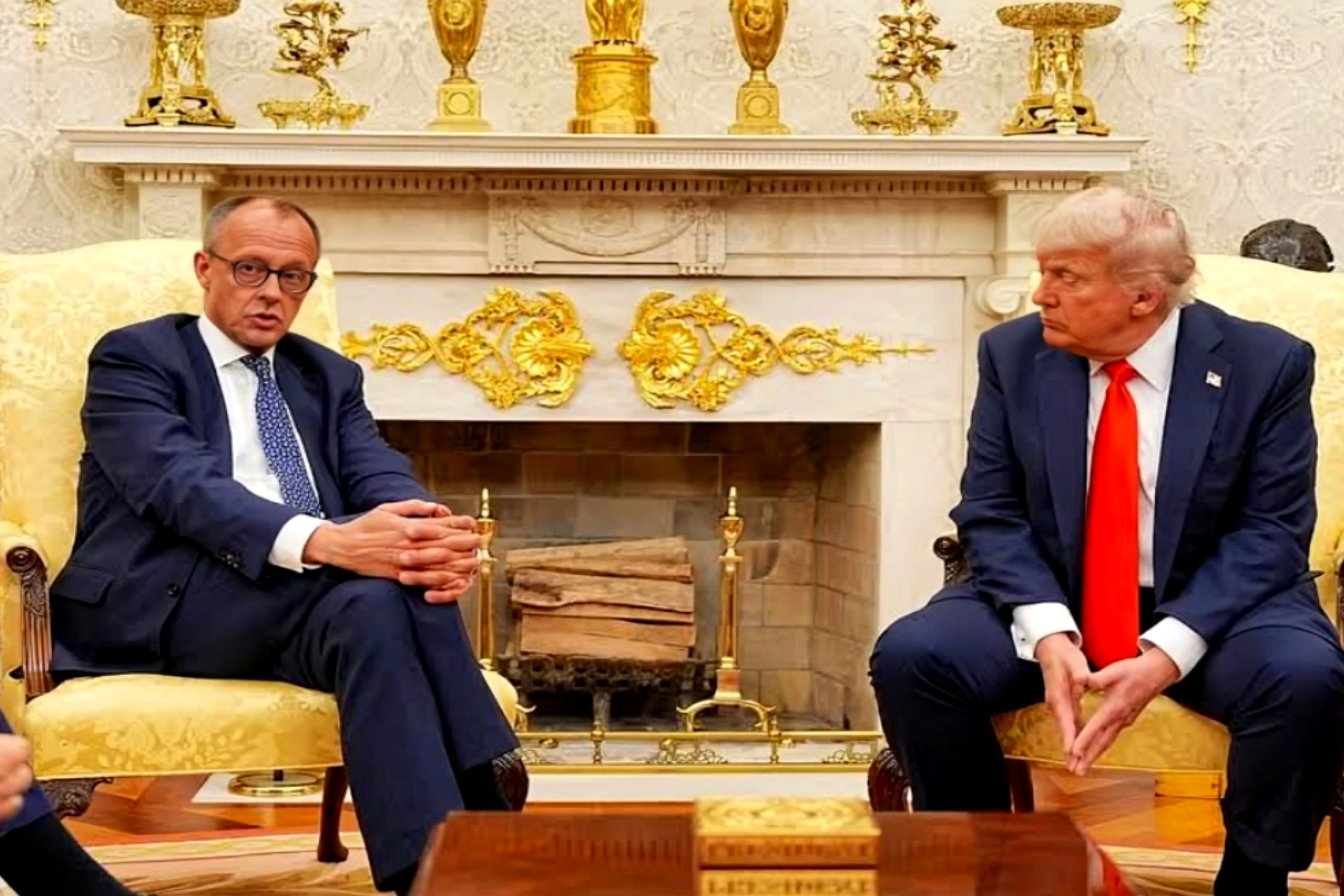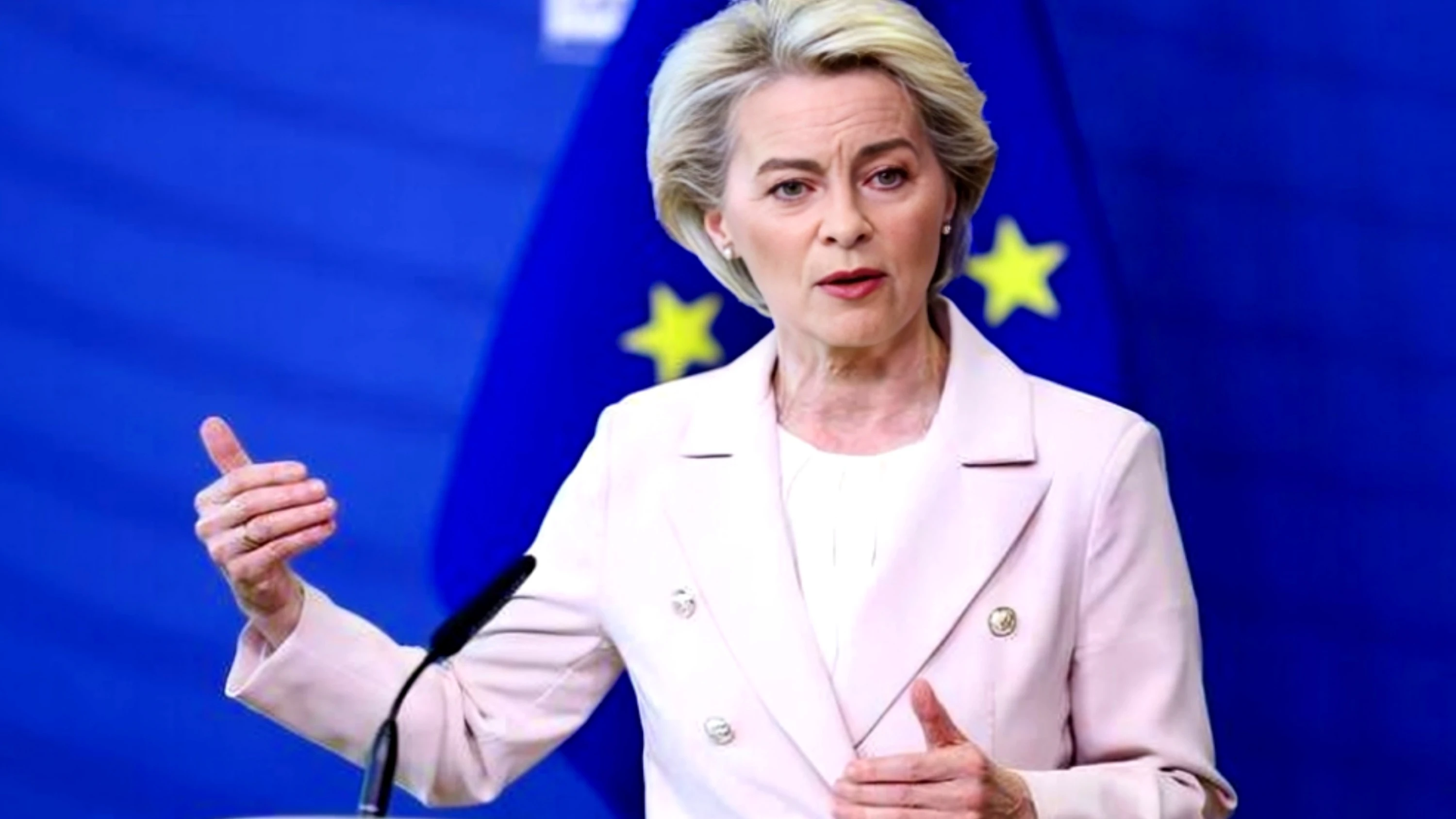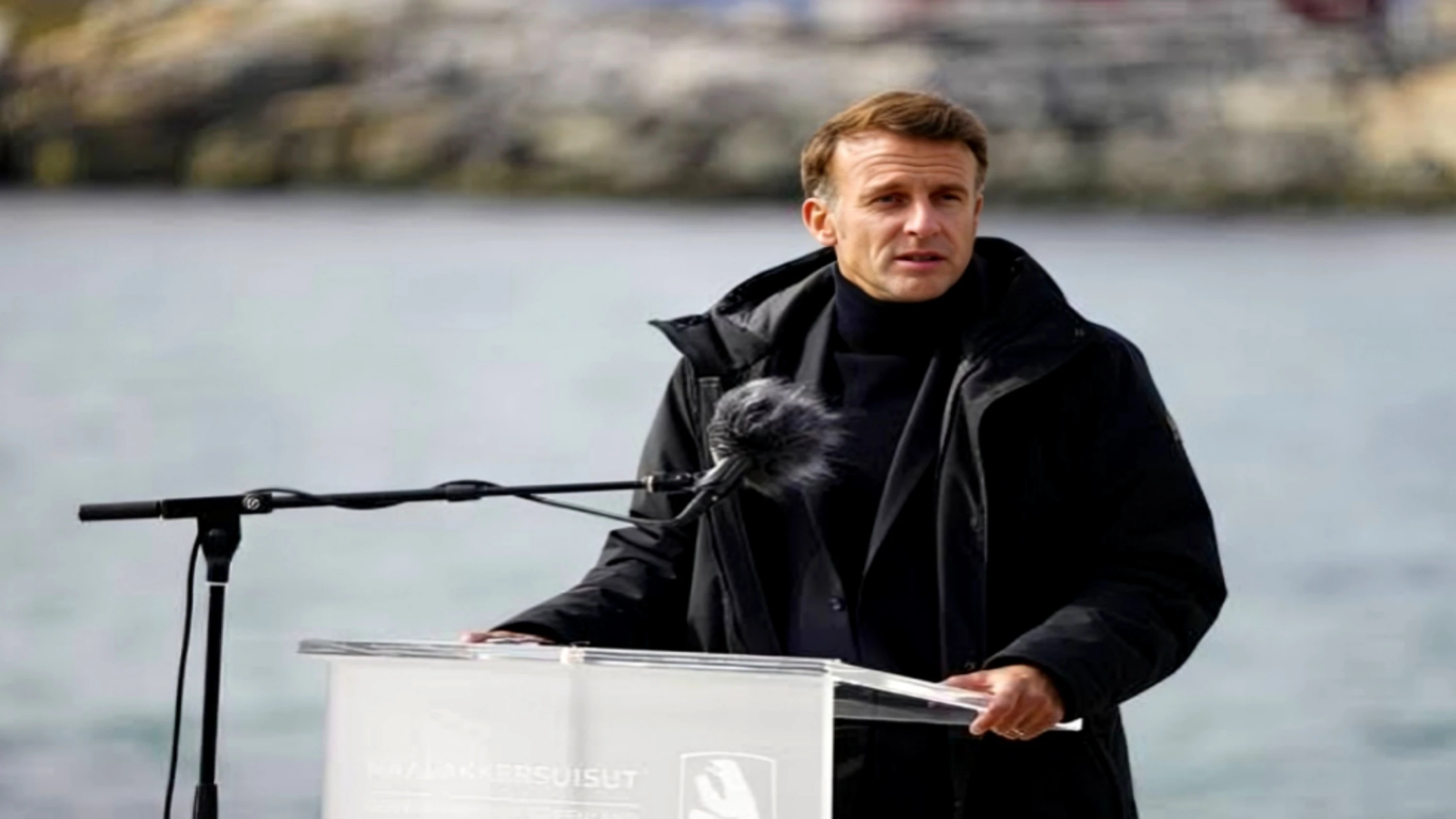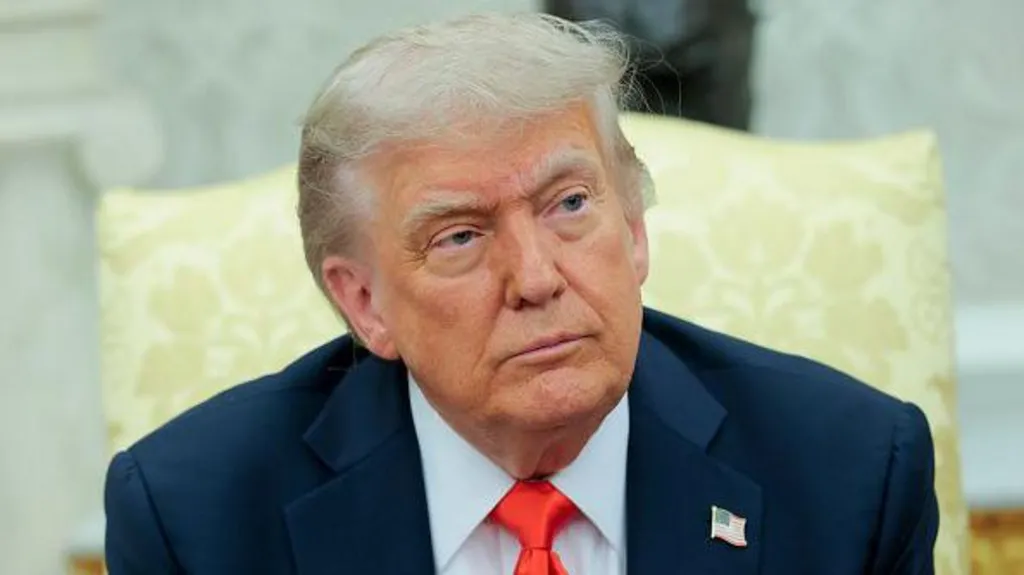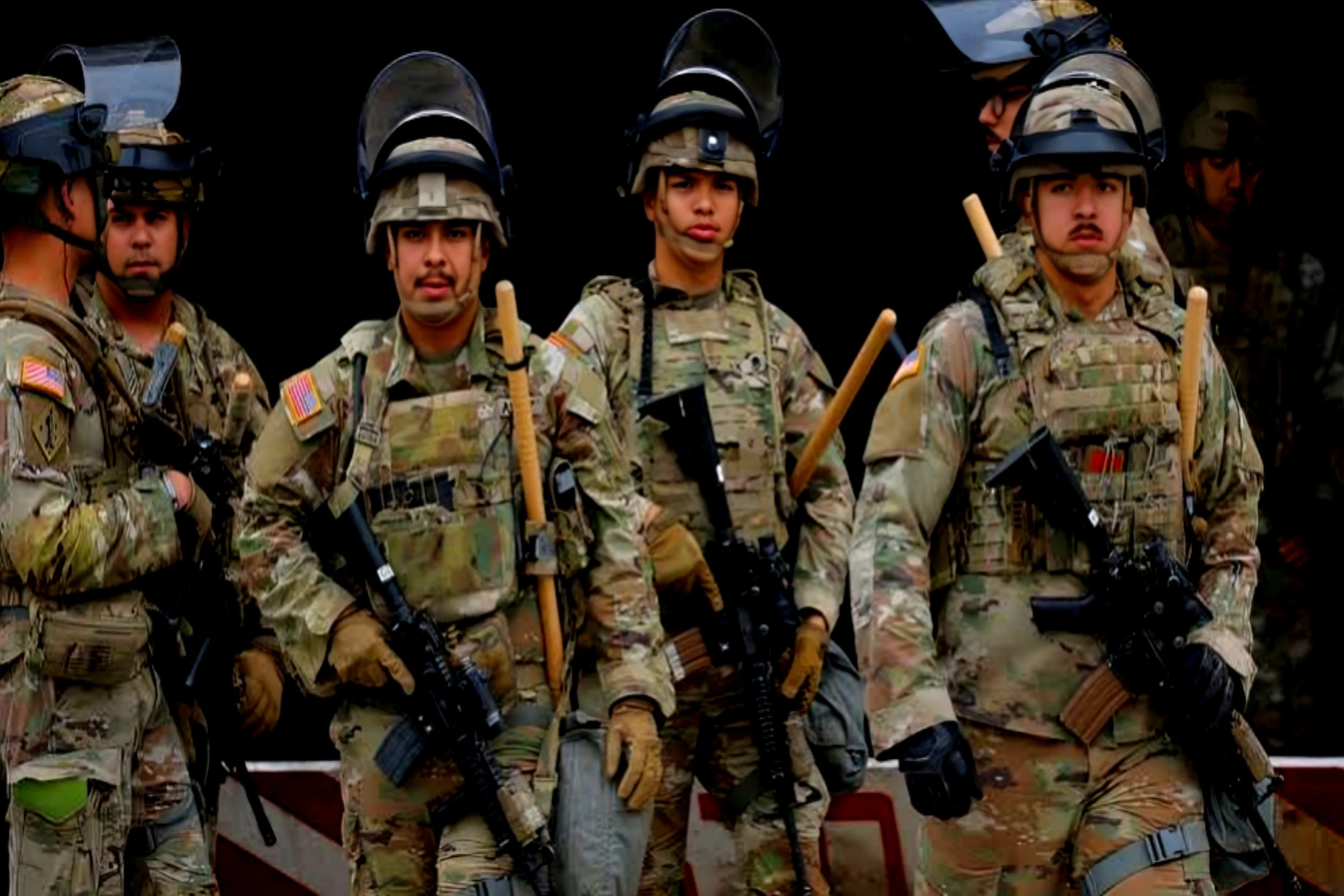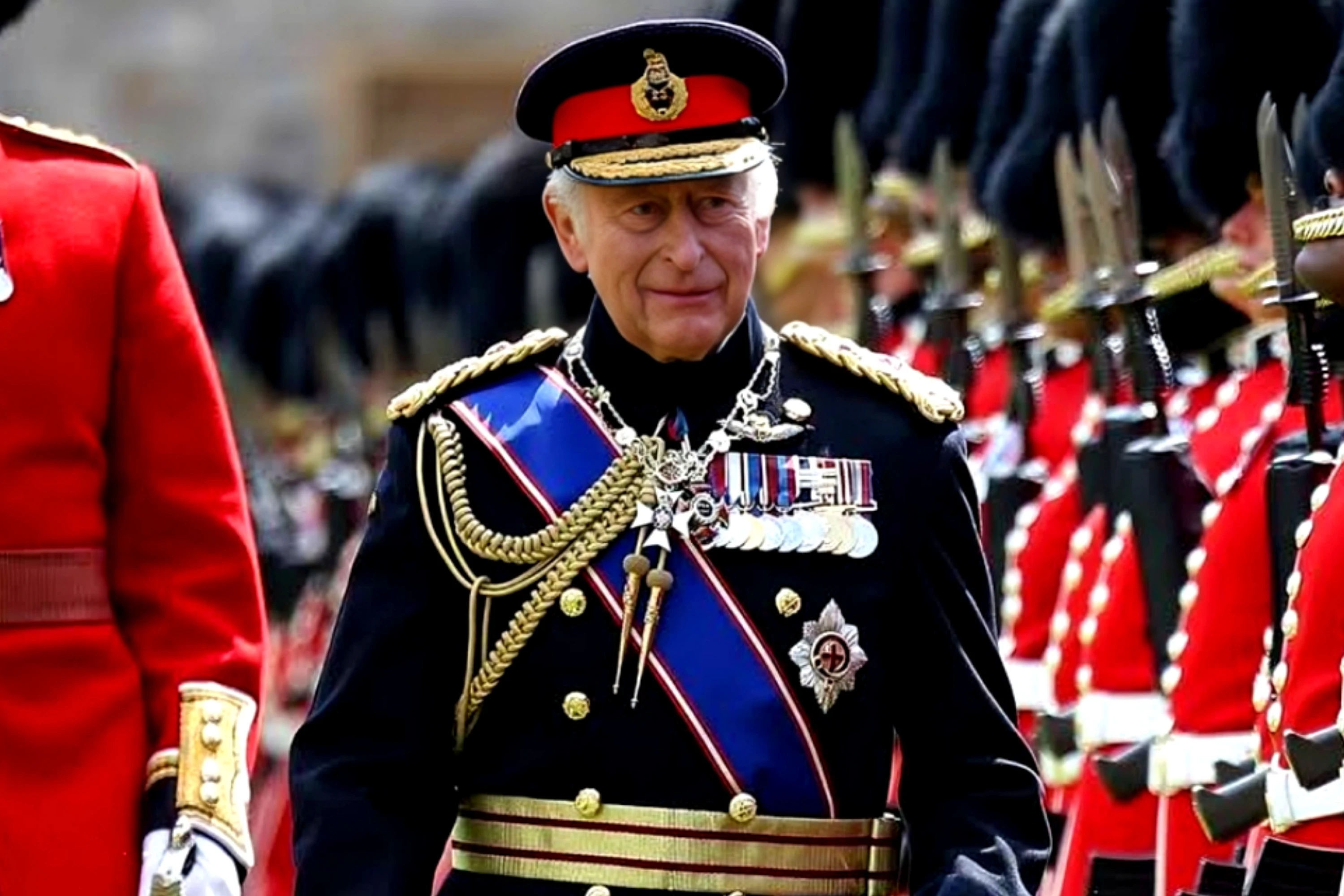Washington: German Chancellor Friedrich Merz met with U.S. President Donald Trump at the White House, marking his inaugural visit to Washington since taking office. The meeting, described by experts as a diplomatic success for Merz, centered on three critical issues: NATO defence commitments, transatlantic trade tensions, and the ongoing war in Ukraine.
In a press statement released ahead of the talks, Merz emphasized that Berlin was well-prepared for the discussions. According to Rachel Tausenfreund, a senior fellow at the German Council on Foreign Relations, the chancellor handled the engagement adeptly. "Merz's remarks were skillfully delivered, avoiding confrontations over sensitive trade matters," she noted.
President Trump, meanwhile, praised the condition of the White House, boasting that it was now “tippy toppy” and likened its refurbishment to standards in Germany. Turning to global affairs, Trump expressed concern over the situation in Ukraine, claiming that up to 6,000 soldiers were being killed weekly. He also cited a recent 75-minute phone call with Russian President Vladimir Putin, during which Putin reportedly vowed to retaliate for recent Ukrainian drone strikes that had destroyed a third of Russia’s bomber fleet. Trump, who blamed former President Joe Biden for the start of the full-scale invasion, said he believes Putin intends to seize all of Ukraine.
In response, Merz stressed the importance of U.S.-German cooperation in pursuing a resolution to the conflict. He reiterated Germany's deep commitment to NATO and announced billions in new defence spending, framing it as part of a broader ambition to build “the strongest conventional army in Europe.”
Relations between Washington and Berlin had grown tense in recent years, particularly over long-standing U.S. grievances about European countries not spending enough on defence. Trump welcomed Germany’s increased contributions but suggested that there could be limits to how far Berlin should rearm. Still, he indicated openness to keeping U.S. troops stationed in Germany.
On the matter of transatlantic trade, the atmosphere was less cordial. Europe faces a growing risk of being inundated with steel exports following Trump’s recent hike in tariffs on steel and aluminium—now at 50%. In addition, a 25% tariff on European automobiles and a 10% levy on all other imports are already in place. The White House is also conducting new investigations into various sectors, including pharmaceuticals, semiconductors, and aircraft manufacturing, which may pave the way for additional tariffs. Trump has warned of a blanket 50% tariff on all EU goods by July 9 if ongoing negotiations falter.
Dr. Stormy-Annika Mildner of the Aspen Institute commented, cited by Euro news, on the volatile trade dynamics, saying, “Despite the threats and tough rhetoric, the U.S.-German relationship remains vital. Chancellor Merz’s decision to engage early with Washington is a necessary step toward managing this complex partnership.”
Trump also touched on his recent travel ban targeting 12 nations, acknowledging it might be uncomfortable to mention in front of the chancellor. “You’ve got your own issues with some of the people you let in,” he told Merz, referencing the refugee influx during Angela Merkel’s tenure. Trump claimed he had advised the former German leader against opening the borders in 2015.
On U.S. military recruitment, Trump asserted that enlistment numbers—low under Biden—had now hit record highs. Merz, who admitted Germany is struggling to attract reservists, asked how the U.S. had achieved that turnaround. “Spirit,” Trump replied. “They love our country again—and you will, too.”
Though occasionally confrontational, Trump ultimately described Merz as “difficult, but a good man.” Analysts noted that the U.S. president appeared keen to forge a rapport with the German leader, emphasizing personal diplomacy. “Trump wanted to distinguish Merz from Merkel and seemed eager to frame the relationship as one of friendship,” said Tausenfreund.
The two leaders also discussed China. Trump said he and President Xi Jinping had reached a deal but added it would need further clarification. He announced that Xi would visit the U.S., and he and First Lady Melania Trump would make a reciprocal trip to China.
As the world prepares to mark the anniversary of D-Day, both leaders underscored the enduring importance of U.S.-European unity—despite the complexities ahead.


